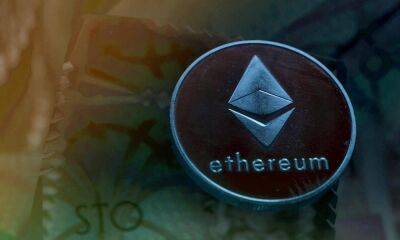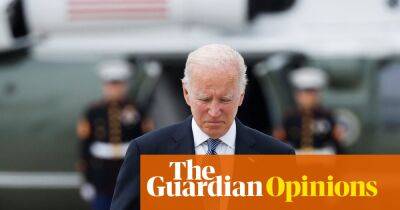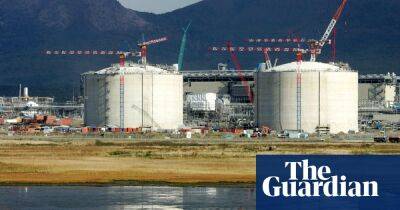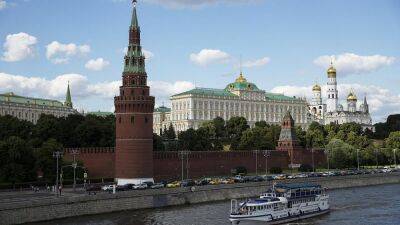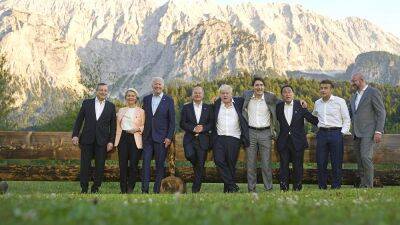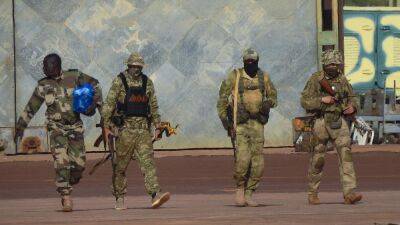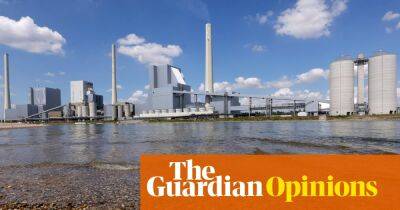Global energy price cap: market manipulation whose time has come?
“United against megalomania” was how one German newspaper succinctly put it.
Sanctions on Russian gold exports, the enlargement of the Nato intervention force to six times its current strength, an air missile defence system for Ukraine, and a broad commitment that the Group of Seven will be with Ukraine for as long as it takes.
None of these, secured at this week’s G7 summit held high in the Bavarian Alps in weather that ranged from glorious sunshine to shattering thunderstorms, is a paltry achievement.
But there was one idea that stood out, both because it is new, divided the G7 and told a bigger story about the dilemma the west faces as it tries to damage Vladimir Putin’s war economy.
It is the proposal of a global price cap on energy. The idea has a simple attraction as it deals with two problems. It would bring energy prices back under some form of control, quelling a consumer backlash about inflation. At the same time, it would slow the flow of western funds to Putin’s war machine, which is largely dependent on gas and oil revenues supplied by western purchases.
Jake Sullivan, the US national security adviser, explained at one briefing that the west was facing a dilemma. It had through its own measures cut the amount of Russian energy it was purchasing, but due to the rise in the price of oil, the revenues reaching Putin had not correspondingly declined. Russia is, according to business intelligence company Rystad Energy, due to secure at least $180bn (£147m). That is 45% higher than in 2021 and 181% higher than in 2020.
The solution is at one level disarmingly simple – to refuse to pay as much as Putin and the market demand. Such an idea, so antithetical to free-market principles, might seem like a Marxist magic bullet
Read more on theguardian.com







